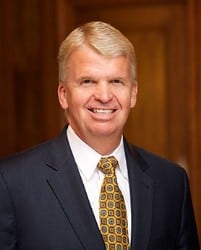
“The ordinances of baptism and the sacrament symbolize both the end result and process of being born again. In baptism, we bury the old man of flesh and come forth to a newness of life.”
LDS Quotes on Sacrament

“The ordinances of baptism and the sacrament symbolize both the end result and process of being born again. In baptism, we bury the old man of flesh and come forth to a newness of life.”
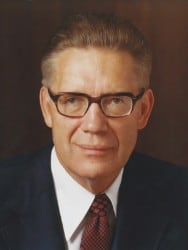
“We receive a remission of our sins through baptism and through the sacrament. The Spirit will not dwell in an unclean tabernacle, and when men receive the Spirit, they become clean and pure and spotless.”
| A New Witness for the Articles of Faith
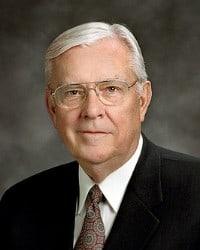
“A periodic review of the covenants we have made with the Lord will help us with our priorities and with balance in our lives. This review will help us see where we need to repent and change our lives to ensure that we are worthy of the promises that accompany our covenants and sacred ordinances. Working out our own salvation requires good planning and a deliberate, valiant effort.”
| “Keeping Life’s Demands in Balance,” Ensign, May 1987, 14.
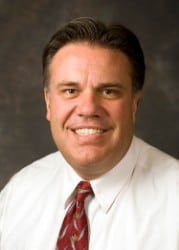
“But there’s another way of looking at taking the Lord’s name in vain. When we partake of the sacrament we renew a covenant to take Christ’s name upon us. When we do so out of habit rather than as a sincere choice, are we taking His name in vain? … The Hebrew word that was translated in our scriptures as vain means meaningless and empty… Perhaps the commandment in Exodus 20:7 should read thou shalt not take upon thyself the name of God with empty and meaningless intent. When we give up the hope Christ offers through His Atonement, are we taking the Lord’s name in vain? Are we rendering His grace, His divine help, as useless, empty, and meaningless in our lives?”
| The Law of the Gospel
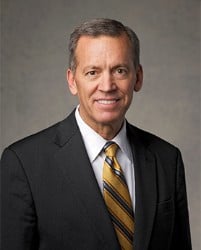
“Two essential weekly signposts that mark our journey to our Heavenly Father are the perpetual covenant of the ordinance of the sacrament and our Sabbath observance. President Russell M. Nelson taught last general conference that the Sabbath is the Lord’s gift to us. Our devoted weekly observance of the Sabbath is our sign to the Lord that we love Him. … We are promised that, with devoted Sabbath day observance, the fulness of the earth will be ours.”
| “Your Next Step,” general priesthood session
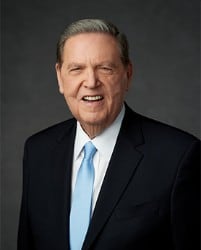
“Most people in trouble end up crying, ‘What was I thinking?’ Well, whatever they were thinking, they weren’t thinking of Christ. Yet, as members of His Church, we pledge every Sunday of our lives to take upon ourselves His name and promise to ‘always remember him.’ So let us work a little harder at remembering Him.”
| Place No More For the Enemy of My Soul, April 2010 General Conference
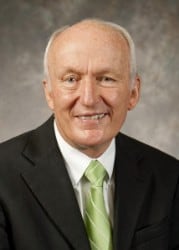
As we think of the things He did for us, we will not only come to know more about Him, but we will come to know Him; we will not only want to live more like Him, but we will also learn how to do so. Through introspection and self-analysis, we can come to know what we have done that needs to be repented of and learn what we can do to improve spiritually in some way.

It’s impossible to live a perfect life. Only one man was able to live perfectly while dwelling on this telestial planet. That was Jesus Christ. Although we may not be perfect, brothers and sisters, we can be worthy: worthy to partake of the sacrament, worthy of temple blessings, and worthy to receive personal revelation.
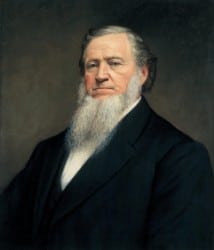
The Lord has directed his people to rest one-seventh part of the time, and we take the first day of the week, and call it our Sabbath. This is according to the order of the Christians. We should observe this for our own temporal good and spiritual welfare . . . six days are enough for us to work, and if we wish to play, play within the six days; if we wish to go on excursions, take one of those six days, but on the seventh day, come to the place of worship, attend to the Sacrament, confess your faults one to another and to our God, and pay attention to the ordinances of the house of God.
| Journal of Discourses, 15:81
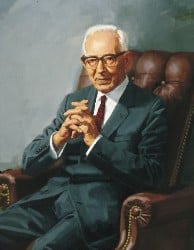
“Sacrament meeting is the most sacred, the most holy, of all the meetings of the Church.”
| Doctrines of Salvation, comp. Bruce R. McConkie (Salt Lake City: Bookcraft, 1955), 2:340.